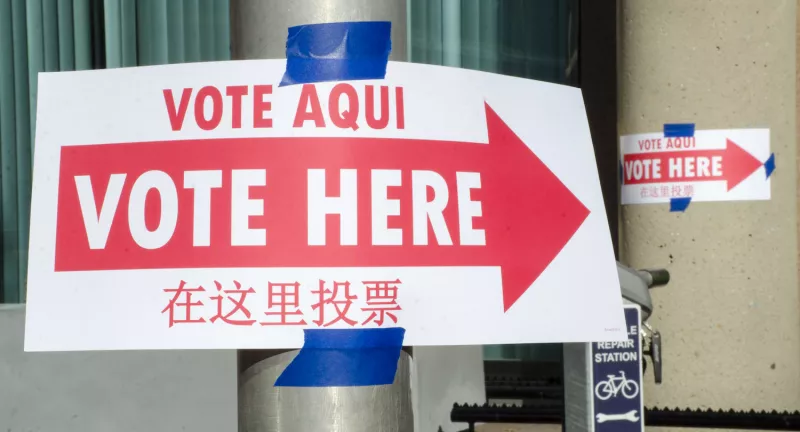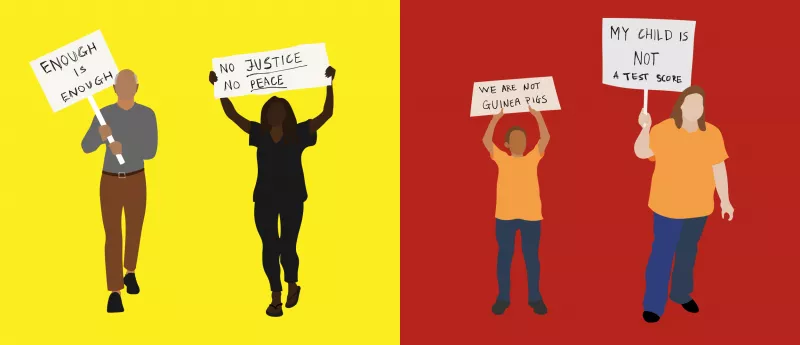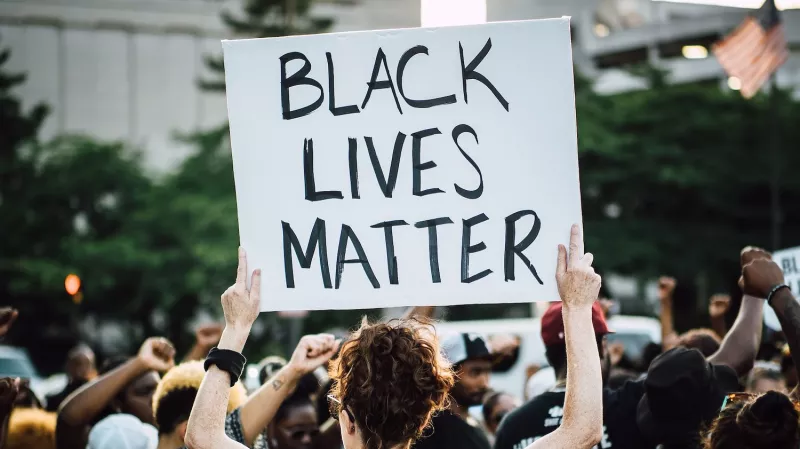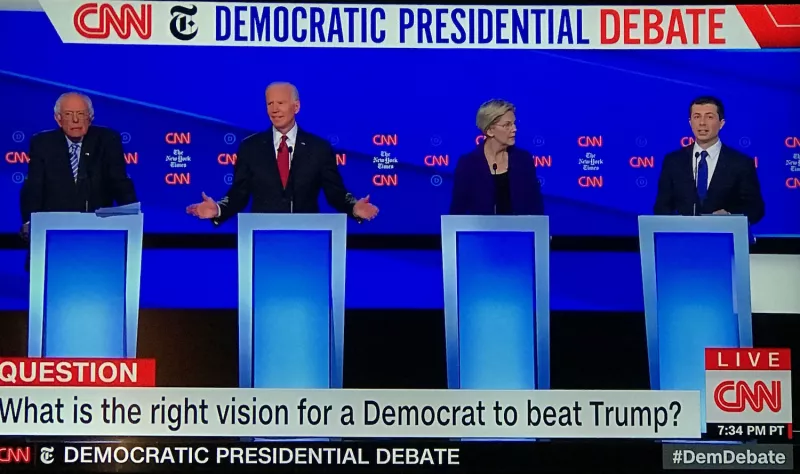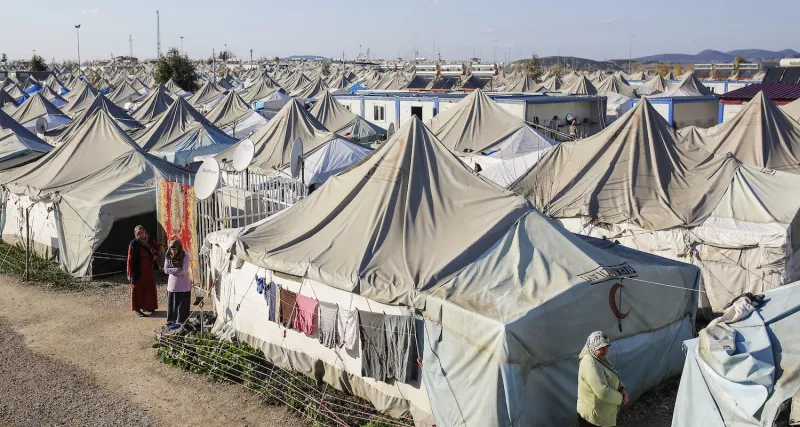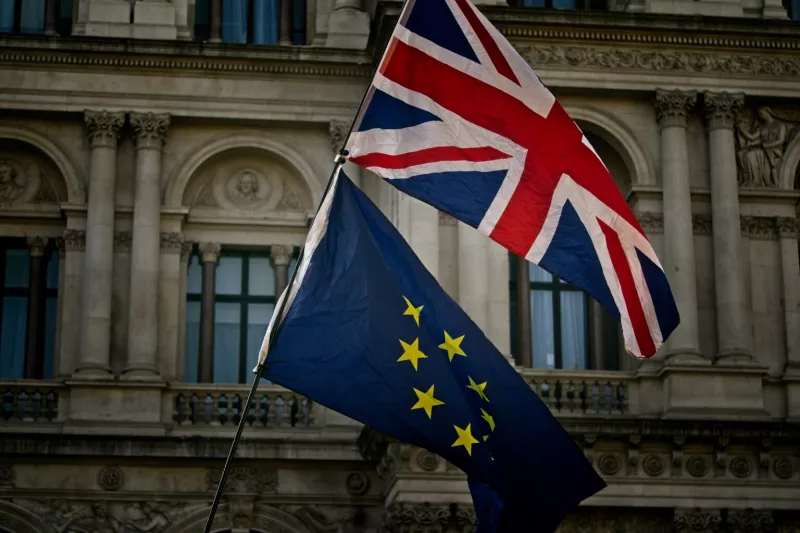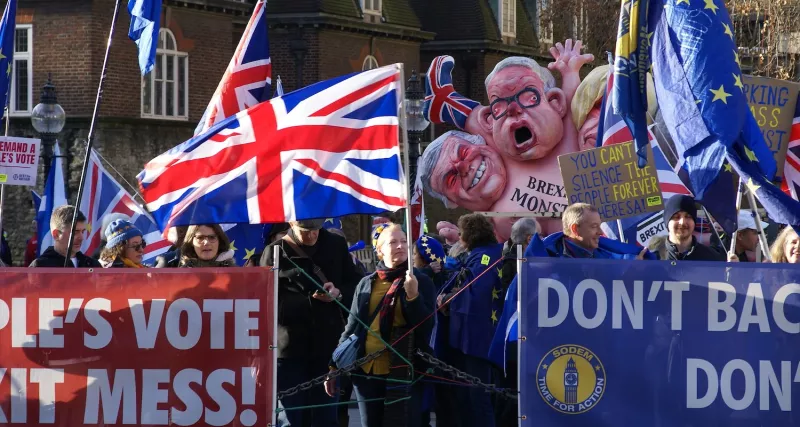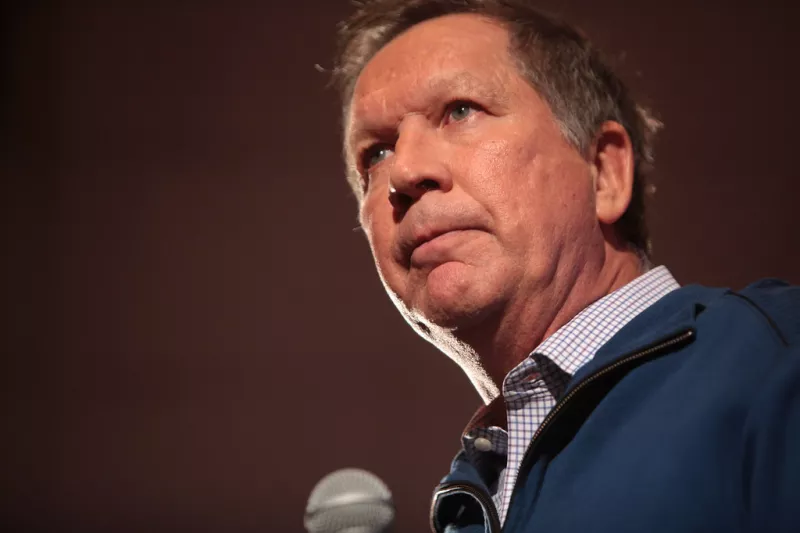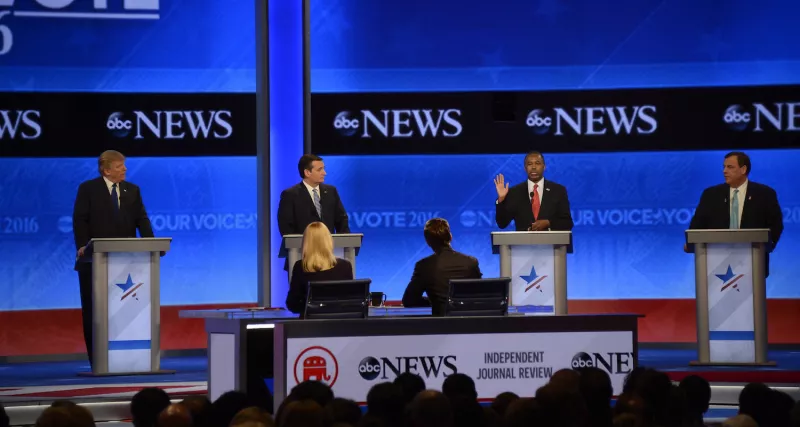Reports & Analysis
CSMAP produces rigorous, data-driven reports and analyses on policy relevant topics.
Search or Filter
-
Analysis
Latinos Who Use Spanish-Language Social Media Get More Misinformation
That could affect their votes — and their safety from covid-19.
November 8, 2022
-
Analysis
Gender-Based Online Violence Spikes After Prominent Media Attacks
Our research finds that after a prominent male media personality targets a female journalist, the prevalence of hateful speech targeting those journalists increases in the immediate aftermath, often taking days to decrease.
January 26, 2022
-
Analysis
Twitter Banned Marjorie Taylor Greene. That May Not Hurt Her Much.
She’s gaining followers and ‘likes’ on other social media platforms, our research finds.
January 14, 2022
-
Analysis
Trendless Fluctuation? How Twitter’s Ethiopia Interventions May (Not) Have Worked
Twitter’s decision to deactivate trending topics in Ethiopia did not reduce the volume or toxicity of tweets about the civil war.
January 11, 2022
-
Analysis
Twitter Amplifies Conservative Politicians. Is it Because Users Mock Them?
Our research suggests conservative politicians are ‘ratioed’ more often, which may explain why they’re in your timeline.
October 27, 2021
-
Report
Issue Discussion in the Georgia Senate Elections
Taking Twitter data, we want to better understand which issues matter most to voters in the Georgia Senate election. We find that voters pick up on topics mentioned in attack ads and that voters tend to not view this as a national election.
December 22, 2020
-
Report
Influential Users in the Common Core and Black Lives Matter Social Media Conversation
Continuing previous work, we find that politically motivated popular users have the most influence in online discussions around Black Lives Matter and Common Core State Standards.
December 16, 2020
-
Analysis
Do Twitter Warning Labels Work?
Twitter put warning labels on hundreds of thousands of tweets. Without a hard block, tweets continue to spread — especially tweets by President Trump.
December 9, 2020
-
Analysis
How Trump Impacts Harmful Twitter Speech: A Case Study in Three Tweets
We examined three recent tweets from the president and found that harmful speech on Twitter spiked in their immediate aftermath, but soon returned to baseline.
October 22, 2020
-
Analysis
Are Influence Campaigns Trolling Your Social Media Feeds?
Now, there are ways to find out. New data shows that machine learning can identify content created by online political influence operations.
October 13, 2020
-
Report
Online Issue Politicization: How the Common Core and Black Lives Matter Discussions Evolved on Social Media
To better understand how an issue becomes politicized over time, we examine Black Lives Matter and Common Core State Standards and track how they evolved over time.
September 4, 2020
-
Analysis
How Russian Trolls Are Adapting Cold War Propaganda Techniques
A new study shows how states are adapting classic propaganda tactics to social media, and why policymakers must consider how information spreads across platforms to protect voters from these covert campaigns.
May 15, 2020
-
Report
Debate Twitter: Mapping User Reactions to the 2020 Democratic Presidential Primary Debates
As the largest Democratic primary field in modern history continues to narrow, we wanted to examine how the debates drove the conversation online, and specifically how voters changed their opinions over time.
March 3, 2020
-
Analysis
What’s the Strategy of Russia’s Internet Trolls? We Analyzed Their Tweets to Find Out.
We find that IRA-operated Twitter accounts shared less junk news than one might have expected — relying instead on local news sources.
November 19, 2018
-
Report
Your Friendly Neighborhood Troll: The Internet Research Agency’s Use of Local and Fake News in the 2016 U.S. Presidential Campaign
We examine whether IRA-operated Twitter accounts spread polarizing or misleading content on social media platforms in an attempt to influence the outcome of the 2016 U.S. presidential election.
January 18, 2018
-
Report
Syrian Refugee Crisis Data Report
Social media data provides new insights into how the world watches a humanitarian disaster unfold in real time. We analyze Twitter data and find which events grab global attention, how perceptions shift, and whose narratives gain traction.
September 16, 2016
-
Analysis
Here’s What 29 Million Tweets Can Teach Us About Brexit
Britain’s vote to leave the European Union caused a dramatic surge in Brexit-related tweets. Our analysis of millions of them provides key insights into the success of the “leave” campaign, the surprising dominance of economic issues in the online debate, and the referendum’s increasingly global audience.
July 20, 2016
-
Report
Brexit Data Report
What can social media teach us about the motivations of Brexit voters and the global ramifications of the referendum? After analyzing 29 million tweets on the topic, we provide key insights about user views.
July 14, 2016
-
Analysis
Egyptian Elections on Twitter, Far More Interesting Than Egyptian Elections
The meager voter turnout at Egypt's first parliamentary elections since 2012 has been chalked up to apathy and frustration among Egyptian citizens, but an analysis of 500,000 tweets indicates that citizens’ distrust, exclusion and alienation from Egyptian politics is to blame.
December 4, 2015
-
Analysis
This is What Twitter Can Teach Us About John Kasich’s (And Everyone Else’s!) Debate Performance
Did John Kasich’s “grown up” strategy work? Could moderate Republicans be warming to Rand Paul? To answer these questions and more, we analyze 426,717 tweets from the fourth Republican debate.
November 12, 2015
-
Report
The Fourth GOP Debate: Going Beyond Mentions
Continuing previous work, we want to measure viewers' impressions of presidential candidates in real time, specifically around the fourth GOP debate.
November 10, 2015
-
Report
The Third Republican Debate: During and After
We want to better understand how people of differing ideological backgrounds, specifically Republicans and Democrats, respond within and to political discussions.
October 28, 2015
-
Report
The Islamic State's Battle for the Global Twittersphere
Although ISIS continues to spread its message through social media, our data suggests that pro-ISIS communication is met by a much larger amount of anti-ISIS content.
July 27, 2015
-
Report
Tweeting the Revolution: Social Media Use and the #Euromaidan protests
To better understand how social media is used in a protest setting, we collect data from the Euromaidan protests in Ukraine and find that social media provides a space to share information, as well as mobilize offline organization.
February 28, 2014
-
Analysis
Tweeting the Revolution: Social Media Use and the #Euromaidan Protests
Our analysis of Twitter and Facebook data suggests that social media continues to be a pivotal organization tool for those in Kiev and also the most relevant mechanism for disseminating and exchanging information both within Ukraine and abroad.
February 21, 2014
- 1
- 2
